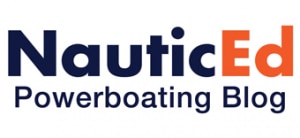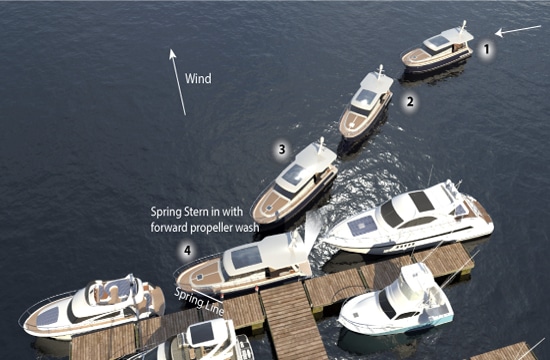Safety Introduction
Emergencies at sea extend from simple and almost funny episodes to major challenges that are extremely serious. When boating goes well, life is good and we wish it would continue that way indefinitely. However, things can go wrong and when they do boaters must be prepared—including calling for help.
The best strategy is to try to prevent emergencies from happening. This translates into the following:
- Practice safety. Safe behavior is insurance against an emergency.
- Learn the established rules. This is also a legal issue.
- Know your vessel and its capabilities thoroughly.
- Know your boat’s equipment, how to use it, and maintain it.
- Know yourself and your crew. This requires honesty, tact, and finesse.
- Prepare for possible problems. Have backup plans.
- Learn how to read weather forecasts. Get a forecast every time you go out.
- Use common sense, also known as good seamanship (you know what that is).
- Be patient, courteous, and always prudent.
In many sports and activities, it is the expert rather than the novice who is involved in accidents. The reason is that the expert becomes complacent while the novel remains too scared to deviate from the safety procedures. Do not skip steps in your pre-departure or safety checklists – ever – do not become the complacent expert just because your checklists have been “satisfactory” for the “past several outings”.
Safe practices and emergencies have much in common. Violate safety practices, and the probability of emergencies increases dramatically. Rules for the proper use of vessels and behaviors have been established and agreed upon; when followed, emergencies are less likely to happen.
The U. S. Coast Guard has established safety and emergency procedures that work globally. They have a variety of detailed publications and bulletins accessible online.
With boating in particular, you have to be careful of the thought “it only happens to others”. This is a dangerous egotistical thought – simply, you can not control certain things such as weather, waves, through hulls bursting open, fire, and other stupid people. All these can lead to your death or worse yet, the death of a crew member who was relying on you for their safety.
A prudent skipper is an educated skipper with zero ego. A prudent skipper would take this module seriously!




